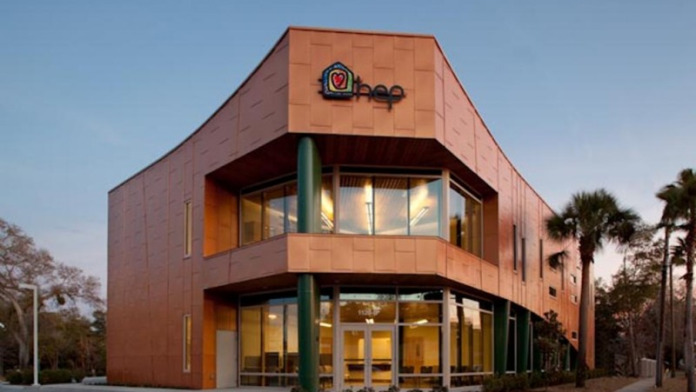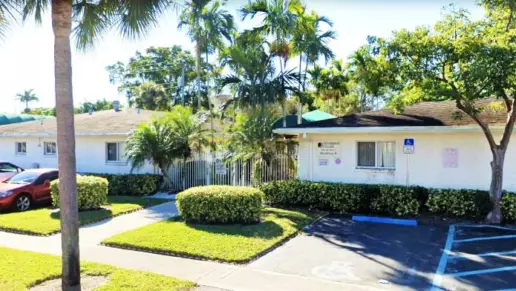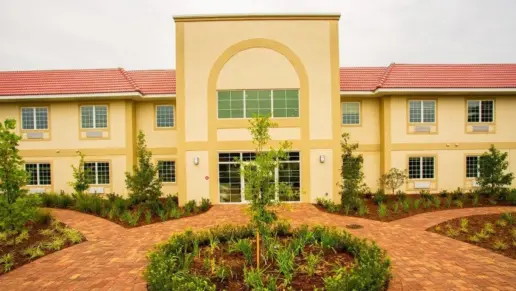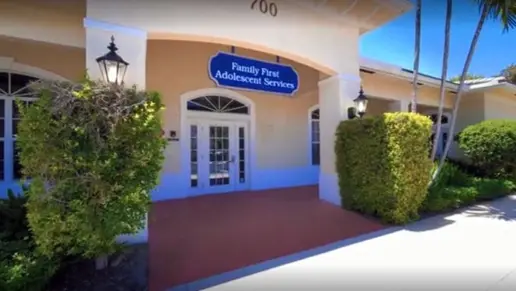About HEP – Homeless Emergency Project
The Homeless Emergency Project in Clearwater, Florida has a pyramid model for providing services to the Tampa Bay Area. This includes first meeting basic needs such as housing and nutrition, then meeting mental and physical healthcare needs. After those vital needs are met then community resources and self sufficiency programs are introduced. This approach to mental health, addiction, and the needs of the vulnerable helps them thrive rather than just survive.
As soon as an individual makes contact with HEP, wheels are put in motion to help meet their immediate needs. Clean, warm clothing, a hot nutritious meal, and a safe shelter from the elements are provided within the first day.
The next step in care is to assess and start to address the mental and physical health needs. This includes a referral to a Dental and Wellness Center for an onsite mental and physical health assessment. This includes deciding on a treatment plan for those with addiction, substance abuse, and behavioral issues.
A meeting with a case manager will occur during the first three days of treatment to allow for the creation of a personalized care action plan. Support services and resources for benefits assistance, food stamps, child care, health insurance, transportation, housing and more will be offered within the first month of care.
The United Way has helped fund an Adult Education and Workforce Development Center to offer educational and vocational resources and training to adults, including veterans residing at HEP, and in the local community.
They claim an 89% success rate for residents who move on to independent housing after graduation from their program. This is attributed to the comprehensive and wide array of services they offer to meet as many needs as possible.
There are emergency shelters for men and women, veterans, and families. They have a children’s learning center near the pathways to employment program so families can learn and grow together. There is a housing complex and community resources offered on campus specifically to meet the needs of Veterans.
There is a thrift store, community garden, bike recycling and distribution center and more right on campus for residents and others to access as many resources as possible in one place.
The Homeless Emergency Project is a 501 Charity and runs on grants and donations. They have a 4-Star rating on Charity Navigator. It is highly regarded by those who have used their services and those who have worked there as well.
Latest Reviews
Rehab Score
Gallery

Location
Addiction Treatments
Levels of Care
Treatments
The goal of treatment for alcoholism is abstinence. Those with poor social support, poor motivation, or psychiatric disorders tend to relapse within a few years of treatment. For these people, success is measured by longer periods of abstinence, reduced use of alcohol, better health, and improved social functioning. Recovery and Maintenance are usually based on 12 step programs and AA meetings.
Drug rehab in Florida provides quality treatment to help individuals overcome dependency related to a wide range of addictive substances. Programs address both the physical and mental aspects of addiction in order to help you make a full recovery.
A combined mental health and substance abuse rehab has the staff and resources available to handle individuals with both mental health and substance abuse issues. It can be challenging to determine where a specific symptom stems from (a mental health issue or an issue related to substance abuse), so mental health and substance abuse professionals are helpful in detangling symptoms and keeping treatment on track.
Opioid rehabs specialize in supporting those recovering from opioid addiction. They treat those suffering from addiction to illegal opioids like heroin, as well as prescription drugs like oxycodone. These centers typically combine both physical as well as mental and emotional support to help stop addiction. Physical support often includes medical detox and subsequent medical support (including medication), and mental support includes in-depth therapy to address the underlying causes of addiction.
Programs


Clinical Services
Whether a marriage or other committed relationship, an intimate partnership is one of the most important aspects of a person's life. Drug and alcohol addiction affects both members of a couple in deep and meaningful ways, as does rehab and recovery. Couples therapy and other couples-focused treatment programs are significant parts of exploring triggers of addiction, as well as learning how to build healthy patterns to support ongoing sobriety.
Research clearly demonstrates that recovery is far more successful and sustainable when loved ones like family members participate in rehab and substance abuse treatment. Genetic factors may be at play when it comes to drug and alcohol addiction, as well as mental health issues. Family dynamics often play a critical role in addiction triggers, and if properly educated, family members can be a strong source of support when it comes to rehabilitation.
Group therapy is any therapeutic work that happens in a group (not one-on-one). There are a number of different group therapy modalities, including support groups, experiential therapy, psycho-education, and more. Group therapy involves treatment as well as processing interaction between group members.
In individual therapy, a patient meets one-on-one with a trained psychologist or counselor. Therapy is a pivotal part of effective substance abuse treatment, as it often covers root causes of addiction, including challenges faced by the patient in their social, family, and work/school life.
Life skills trainings involve all the skills a person must have in order to function successfully in the world. These include time management, career guidance, money management, and effective communication. Truly successful addiction recovery is based on the ability to not only live substance-free, but to thrive. Life skills teaches the practical necessities of functioning in society, which sets clients up for success in life, and therefore sobriety.
Contact Information
1120 North Betty Lane
Clearwater, FL 33755


